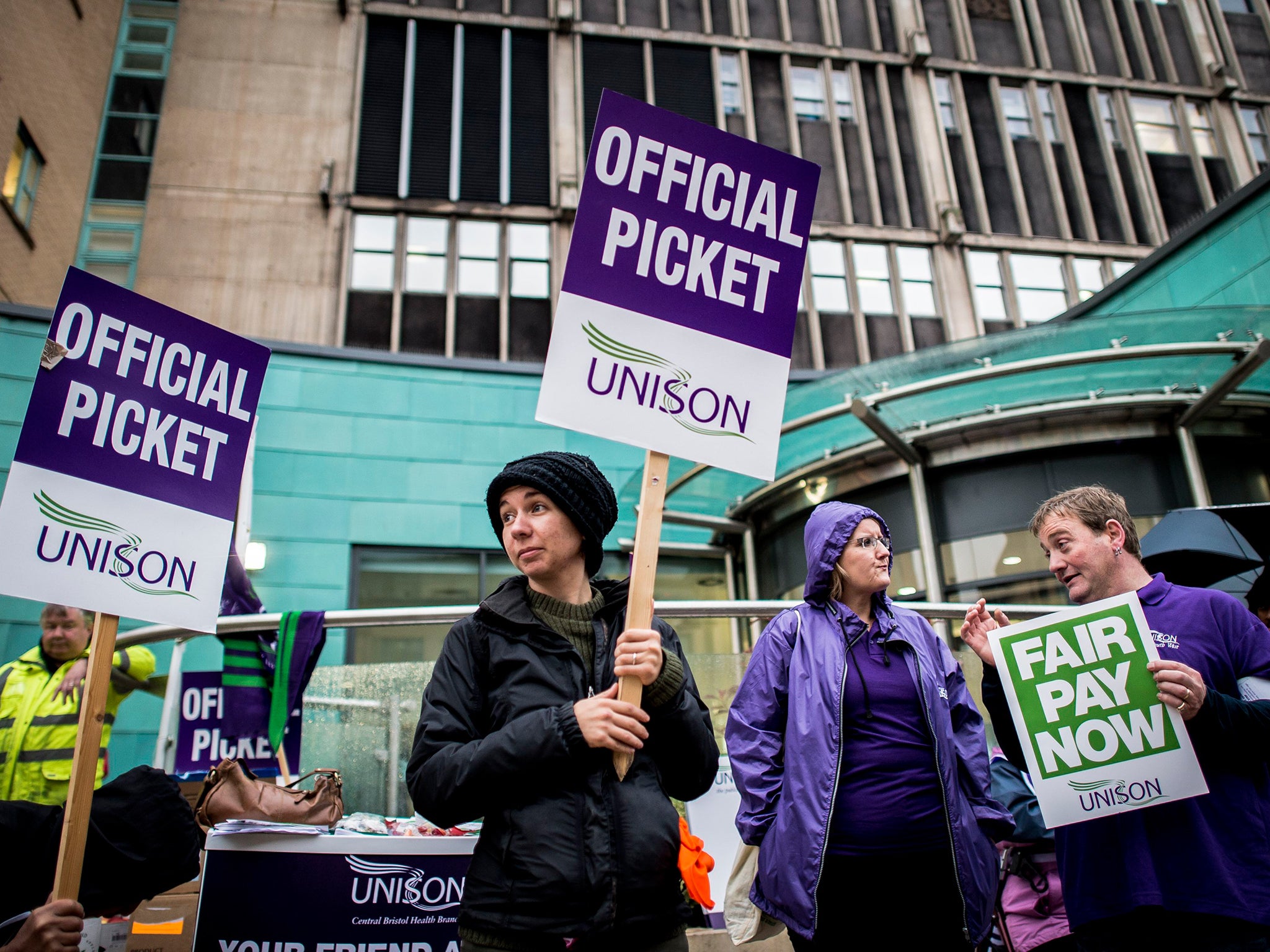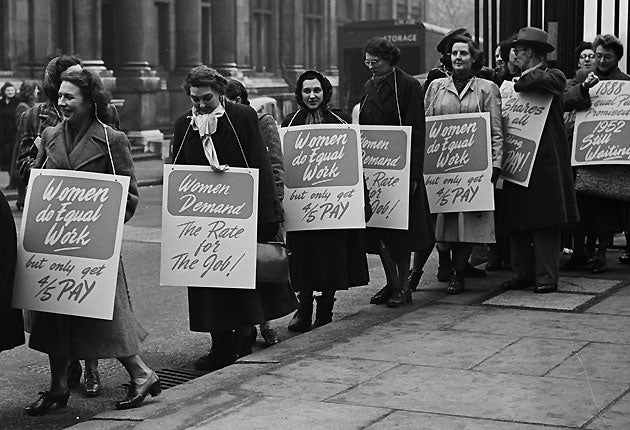What have strikes ever achieved?
A fair bit, it seems

The Government is moving to crack down on strikes by forcing tougher rules about when workers will be allowed to down tools. But what have strikes ever done for us?
Equal pay for women

The 1970 Equal Pay Act was introduced as a direct result of the 1968 Ford sewing machinists strike. Women workers in Dagenham walked out after their jobs were downgraded to unskilled, bringing production to the factory to a halt. After a protracted dispute the Labour government intervened and passed equal pay into law.
The eight-hour work day

Before trade unions, workers could work schedules as long as 16 hours a day. A series of strikes by the 1880s by gas workers and dockers won an eight-hour working day, which eventually became the new normal. These gains were solidified in parliamentary legislation.
Brought down a government
Pay increases

Heavily unionised workplaces in the private sector tend to achieve higher pay for their members, according to research by the Joseph Rowntree Foundation. The study also found that declining trade union density since the 1980s has damaged unions’ ability to negotiate better pay. As hours lost to strike have fallen, wage rises have become more limited.
Join our commenting forum
Join thought-provoking conversations, follow other Independent readers and see their replies
Comments
Bookmark popover
Removed from bookmarks